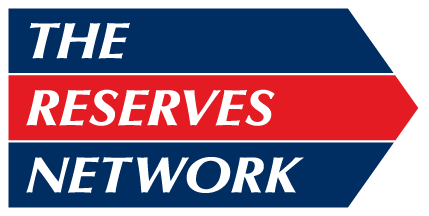Are You A Bad Boss?
No one wants to be a bad boss and no one sets out to purposely become a bad boss. However, the number of people who report working for a bad boss is staggering… which means you could one and not even know it. If you lead a team that is having issues like poor morale or high turnover, the first place to look is in the mirror. Here are some signs that you could be a bad boss.
You Are Afraid To Take Time Off
If you are worried your team will fall apart if you take a vacation, the problem might actually be you, not your employees. You may not have trained them well, you don’t delegate enough, you are a micromanager, or you’ve ignored performance issues on your team. Take stock of the real reasons why you’re afraid to leave your team to its own devices.
You Take It Personally When Someone Quits
Employees quit jobs all the time. If you see a resignation as a personal betrayal and become angry or hurt, you’re doing your whole team a disservice. Employees will see how you act when someone quits and it will cause them to worry about how they will be treated if they get a new opportunity. It’s hard to lose a great person, but the only acceptable response is to thank them for their contributions and wish them well.
You Badmouth Employees
No good comes from badmouthing one employee in front of another. It’s natural to want to complain, but if you need to do it, talk to another manager and do it behind closed doors. An employee who hears you talking badly about one of their teammates will probably wonder what you say about them, damaging confidence and morale.
You Yell
Getting yelled at is demeaning and demoralizing and fosters a culture of fear for everyone who witnesses it. It also diminishes your authority, as people will begin to “work around you” in an effort not to have to deal with your anger. When you are frustrated or upset, deal with it diplomatically without raising your voice.
You Don’t Give Constructive Feedback
It can be awkward to give someone critical feedback, but ignoring performance issues hurts the employee, the whole team and you. People deserve to know how they could be doing their job better and the chance to try to improve. Paying someone to do a bad job or simply removing work from their plate wastes time and money, and could lead to more problems down the line.
You Don’t Say Thank You
Saying thank you costs no money and takes less than two seconds. Those two words have a major impact on how your employees feel about you. If you can’t bring yourself to say thank you to someone who has done something for you, why would they want to work for you?
Hire the Right People the First Time with The Reserves Network!
If you are looking for tips on improving employee morale and retention, contact the staffing experts at The Reserves Network today.



